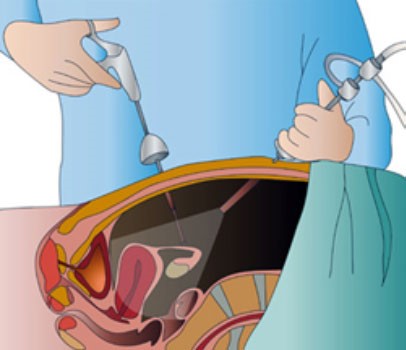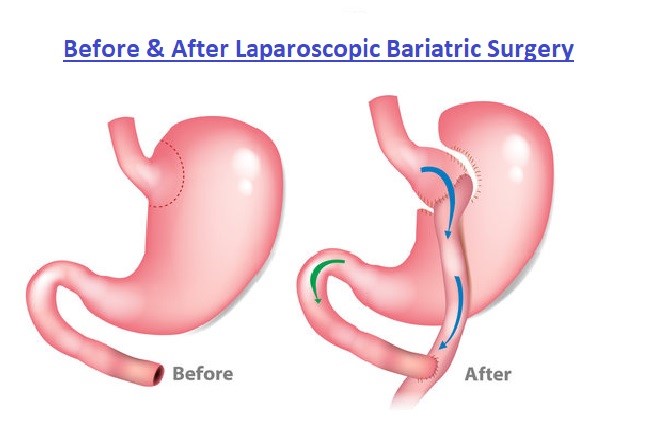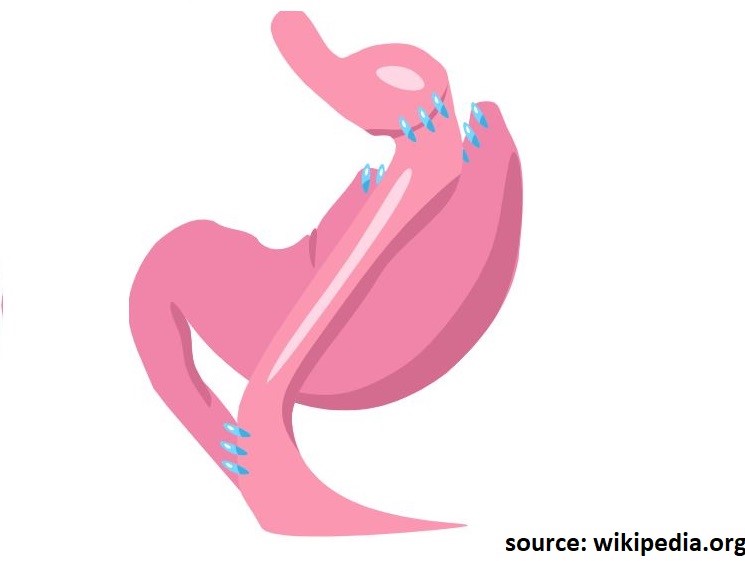Nowadays, many people in Mumbai are opting for bariatric surgery as a solution for weight loss. Do you want to opt for bariatric surgery in Mumbai as well? But you are concerned about the post-surgery pain and healing time. Do not worry; a bariatric surgeon in Mumbai can perform the surgery with minimal invasion using a laparoscope.
So, let us get into more detail about laparoscopic bariatric surgery.
What is laparoscopic bariatric surgery?
The term ‘bariatric surgery’ is used for all kinds of weight-loss surgeries. These surgeries are meant for obese people who are unable to reduce weight through non-surgical methods of weight-loss.
When bariatric surgery is performed with a tiny video camera or laparoscope, it is known as ‘laparoscopic bariatric surgery.’
Laparoscopic bariatric surgery is a minimally invasive surgical treatment in which part of the stomach is removed or restricted, and rearranged. This will lead to consuming a limited amount of food and absorption of nutrients from your gut, hence encouraging weight-loss.
Now let us understand how the surgery is performed.
How is laparoscopic bariatric surgery performed?

Laparoscopic bariatric surgery is performed under general anaesthesia. It means you are unconscious during the procedure. This how the procedure is performed:
- A laparoscope is a small, tube-like instrument with an attached camera. The laparoscope is inserted through small incisions created in your abdomen.
- The tiny camera on the tip of the laparoscope lets the surgeon see and operate inside your abdomen without creating the traditional large incisions.
Surgery generally takes several hours. After the surgery, you will be in a recovery room, where your doctor monitors you for complications. Depending on your condition, you might have to stay a few days in the hospital.
Laparoscopic surgery can make your recovery faster and shorter, but it is not suitable for everyone.
Who is the right candidate for laparoscopic bariatric surgery?
If you want to opt for laparoscopic bariatric surgery, you must make sure that:
- You have a BMI of 40 or more
- You have a BMI of 35- 39.9 and underlying obesity-related health problem like; type -2 diabetes, cardiovascular problems, sleep disorders, stroke, hypertension, and chronic acid reflux
- You are someone with BMI 30-34 and a life-threatening weight-related issue
Now that you who is the right candidate, let us discuss what you can expect after surgery.
What to expect after laparoscopic bariatric surgery?

After laparoscopic bariatric surgery, you will not be allowed to eat for 2-3 days to ensure your stomach and intestine heal properly.
After 3rd day of your surgery, a liquid diet is started, followed by a soft diet in the next few days. You will follow a specific diet plan for about 12 weeks after surgery.
The diet plan you follow might restrict certain food and amount of food or drinks you can consume.
You will have to go for routine health check-ups and lab tests for monitoring weight-loss. Some people are likely to face problems like fatigue, body aches, hair loss, dry skin, and mood swings in the first 3-6 months after surgery. It is due to the rapid weight loss in the first few months after the surgery.
Benefits of laparoscopic bariatric surgery
Laparoscopic bariatric surgery is not any quick weight loss surgery. You can only achieve weight loss after careful monitoring of diet and regular exercises.
You can lose up to half of the excess weight in the first 2 years after surgery by proper lifestyle modifications.
Along with weight-loss, laparoscopic bariatric surgery can also help manage conditions like:
- Cardiovascular disease
- Type -2 diabetes
- Sleep disorders
- Stroke
- Hypertension
- Chronic acid reflux
When does laparoscopic bariatric surgery does not work?
Bariatric surgery does not always work as well as you might have hoped. If a weight-loss surgery does not work properly or stops working, you may not reduce weight, and you might have serious health problems.
It is necessary to go for your scheduled follow-up appointments after weight-loss surgery. If you find that you are not losing weight or develop complications, see your bariatric surgeon immediately.
You might not lose enough weight or regain weight after your surgery, even if the procedure itself works correctly. Weight gain can occur if you do not adopt any lifestyle changes, such as getting regular exercise and eating healthy foods.

